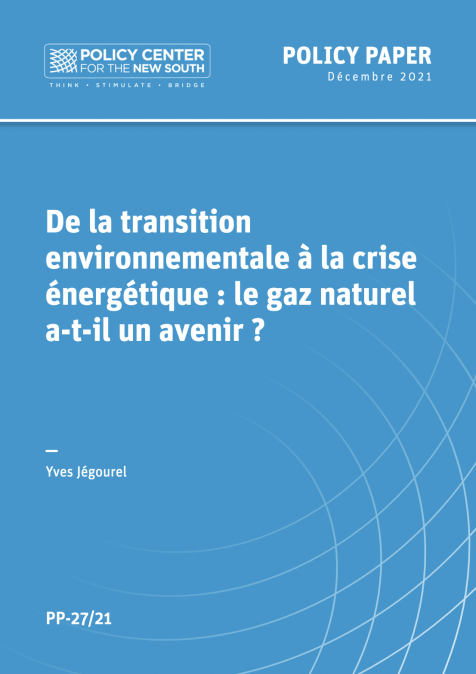Publications /
Paper in Academic Journals
This paper was originaly published on tandfonline.com
Our study provides an in-depth examination of the relationship between financial development and economic growth in Morocco, revealing key threshold effects through a nonlinear smooth transition model (STAR). Analysis of Moroccan banking and stock market development indexes reveals that the stock market was significantly impacted by the 2008 global financial crisis, showing a decline, while the banking system continued an upward trajectory. STAR model estimation further underscores a nonlinear relationship, marked by three structural breaks over the 1987–2020 period. The novelty of this paper stems in the fact that it is the first in the literature to test the hypothesis ‘Does less finance harm economic growth as well?’ instead of the famous debate triggered by the 2008 global financial crisis ‘Does too much finance harm economic growth?’ Which led us to identify the threshold below which the Moroccan financial sector harms economic growth and which corresponds to 0.32 on the scale of our index.










